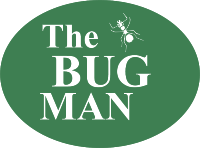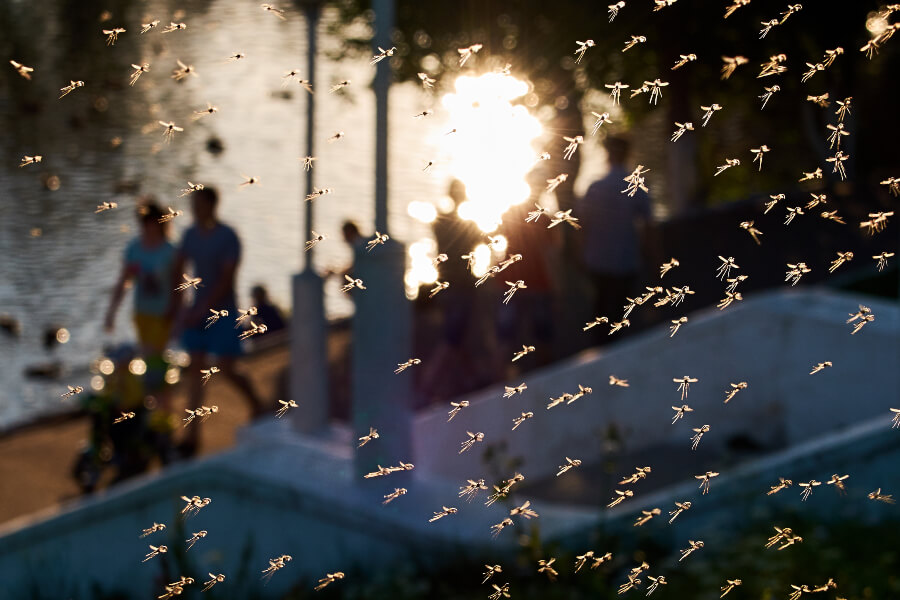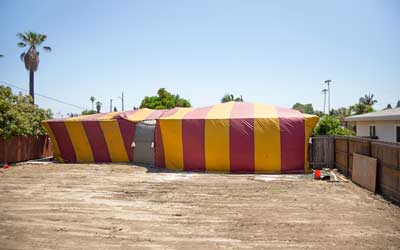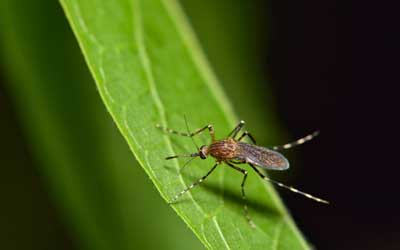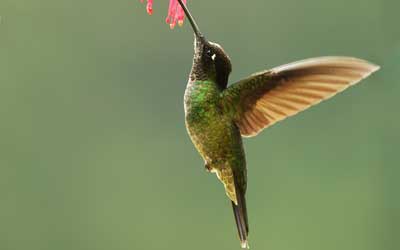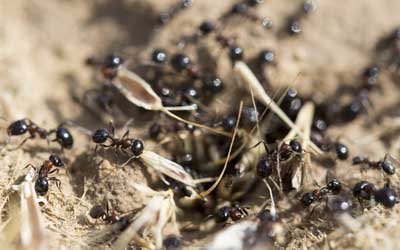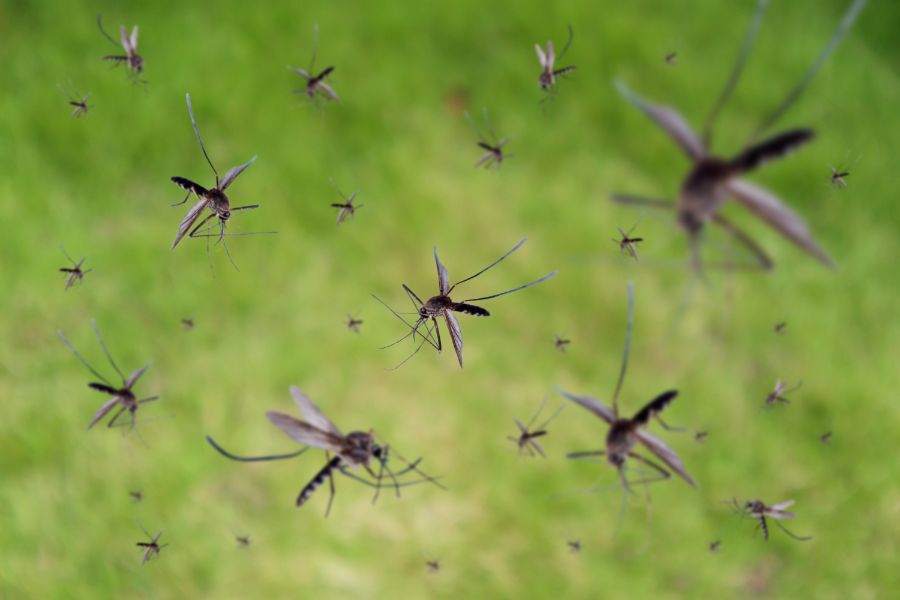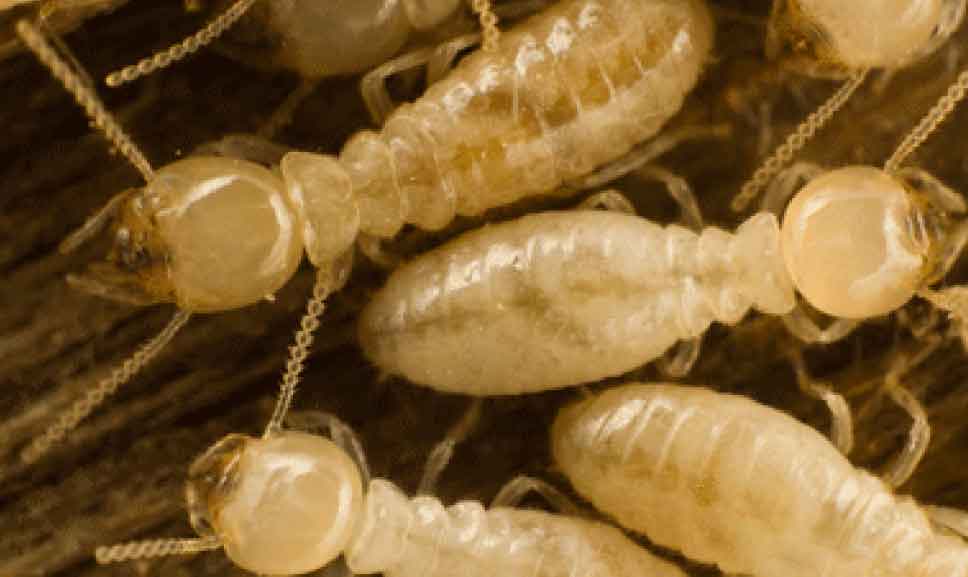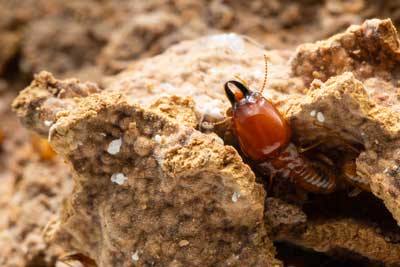It’s a well-known fact that the mosquito population in your backyard increases after it rains. After all, the rain provides them with fresh water and more places to lay their eggs. But why? Mosquitoes need standing water like puddles or ponds for laying their eggs. Even a small amount of runoff from a storm can provide enough moisture to support mosquitoes if there are any containers out in your garden that hold some water on its surface.
Next time you anticipate a storm here in Central TN, it’s important to know how to stop the mosquitoes from taking over your backyard afterward. The experts at The Bug Man are here to help you learn how!
Mosquito Breeding Grounds in Central TN
Mosquitoes will make use of the tiniest amount of still, stagnant water to lay their eggs. Female mosquitoes seek out areas that have shallow stagnant water but they also make use of deep puddles too. The female mosquito is able to produce 100–300 eggs in a cycle, which she lays together with up to 10 others per raft on top of the water’s surface where they float like small specks. After a rainstorm, you can expect mosquitoes to find a plethora of mosquito breeding grounds right in your backyard. Some of the most common areas where mosquitoes breed include:
- Ponds, marches, and bogs
- Puddles
- Pools or spas
- Birdbaths or fountains
- Garden planters
- Children’s playsets
- Stacks of tires
- Buckets
- Gutters
- Clogged drains
Tips to Prevent Mosquitoes After it Rains
After it rains during mosquito season—which is throughout the spring and summer here in Tennessee—it’s important to inspect your yard and eliminate potential breeding sites. Walk around your backyard to locate anything that is holding standing water post-rain. Tip over the water to keep mosquitoes from laying their eggs in it. To prevent mosquitoes throughout the entire mosquito season, it’s smart to place covers over anything that is meant to hold water. This includes putting covers on pools, spas, birdbaths, and more. By knowing the areas in your yard that are more susceptible to mosquito activity, you can effectively keep mosquitoes away from those areas during a rainy week.
Dealing With Mosquitoes After a Storm?
If you have excess mosquitoes in your yard after rain, it may be time to get a professional mosquito treatment. Trying to get rid of mosquitoes on your own once they’ve established themselves can be difficult. At The Bug Man, our mosquito exterminators work hard to locate and eliminate all mosquito breeding grounds around your property. Professionally applied repellents also work to create a barrier around your home, keeping mosquitoes away. To learn more about how we can help you avoid mosquitoes during the rainy season, contact us today!
